Picture this: it’s Friday night, and you’re planning a weekend getaway with friends. You’ve checked the weather app a dozen times, packed an extra sweater just in case, and made a color-coded itinerary that’d make a project manager jealous. But instead of feeling pumped, you’re freaking out. What if it rains? What if the Airbnb’s a dump? What if your friends hate the hike you planned? Your brain’s spinning with worst-case scenarios, and you can’t shake the feeling that something’s gonna go wrong. Sound familiar? That’s the anxiety of needing to control everything. 😓
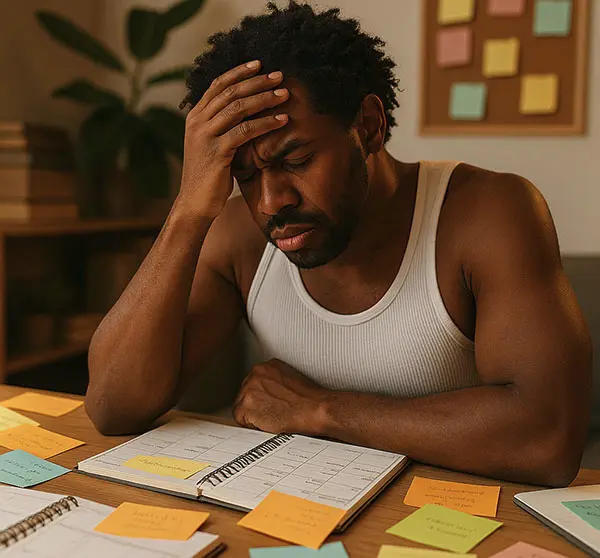
I’ve been there. I used to think planning every detail of my life was the key to staying safe. I’d rehearse every possible disaster like it was my job What if I bomb this presentation? What if my friend’s mad at me? What if I forget my lines? But the more I tried to control every little thing, the more anxious I got. It was like I was carrying a backpack full of worries, and nothing ever felt secure enough. Turns out, trying to control everything doesn’t make you safe it just makes you exhausted.
In this article, we’re gonna dig into why your brain clings to control like it’s a life raft, how that need fuels anxiety, and some gentle, real ways to loosen the grip without feeling like you’re losing it. We’ll explore why control feels like safety, the hidden toll it takes, and practical steps to let go. Plus, check out our guide on mindful living for more ways to stay present, and this Psychology Today article has some solid insights on why control can backfire. Oh, and keep an eye out for a cool infographic to help you spot when your need for control’s getting out of hand. Ready to chill a bit?

Mental Wellness Test
Where Does Your Mind Need the Most Support?
Discover your emotional health in under 4 minutes.
Find out if what you’re feeling is:
burnout, anxiety,trauma
or just too many open tabs in your brain.
No pressure – Just clarity
Why Control Feels Like Safety

Your brain’s got a thing for control, and it’s not just you being extra. Back in the day, controlling your environment like finding food or dodging predators was a matter of life and death. Fast forward to now, and your brain’s still wired to think control equals safety. When life feels chaotic, planning, micromanaging, or overthinking become your go-to defense mechanisms. It’s like your brain’s saying, “If I can just nail down every detail, nothing bad will happen.”
But here’s the catch: that sense of safety’s an illusion. Life’s messy, and no amount of planning can make it 100% predictable. According to PsychCentral, a history of trauma can make this need for control even stronger. If you’ve been through tough stuff, your brain might be stuck in hypervigilance mode, always scanning for danger. Trying to control everything is like building a fortress to keep the chaos out, but it often just traps the anxiety inside.
I remember my first big college presentation. I spent hours perfecting every slide, practicing every word, even planning what I’d wear. But the night before, I was a wreck, lying awake thinking, What if the projector fails? What if I trip on my way to the front? My brain thought controlling every detail would make me feel safe, but it just made me more stressed. Turns out, the more you grip, the less secure you feel. 😅
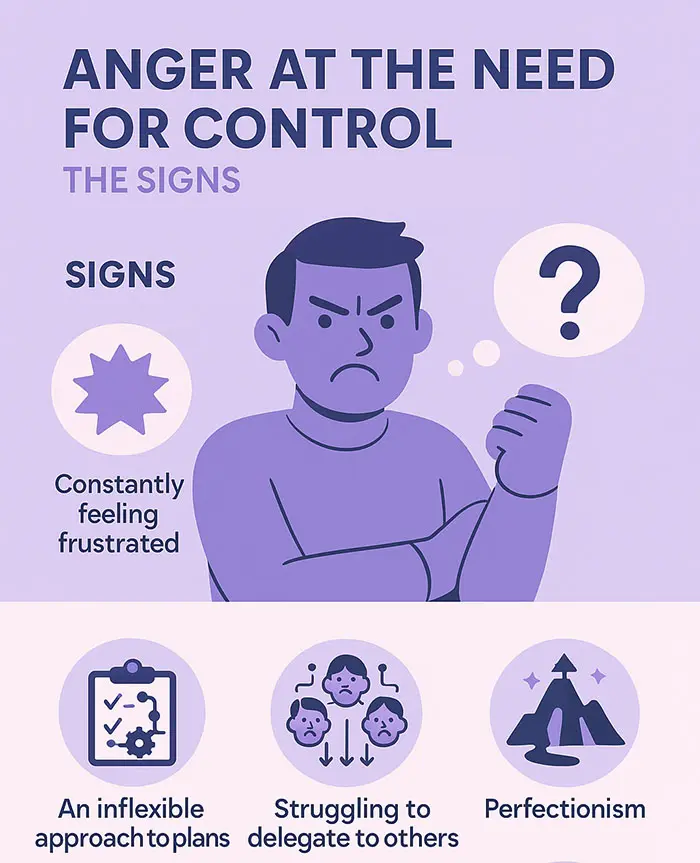
The Hidden Exhaustion of Control Addiction
Trying to control everything is like running a marathon with no finish line. It’s exhausting, and it takes a toll on your mind and body. Here’s what happens when you’re stuck in control mode:
- Chronic Hypervigilance: You’re always on high alert, scanning for what could go wrong. It’s like your brain’s a security guard who never clocks out.
- Micromanaging Madness: You obsess over every detail, from your work to your relationships. It’s not just tiring it can push people away.
- Fear of the Unknown: Uncertainty feels like a threat, so you imagine worst-case scenarios, aka catastrophizing, which ramps up your anxiety.
- Perfectionism Paralysis: You set impossible standards, which can freeze you in place or make you procrastinate because nothing’s ever “good enough.”
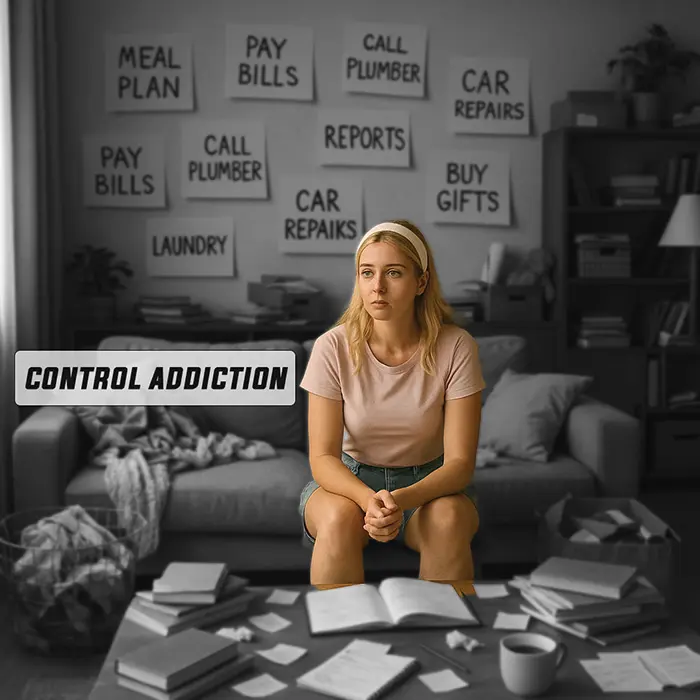
As Greater Good puts it, “Seeking control is a good thing but only up to a point. Beyond that point, the drive to control can make you miserable.” I learned this the hard way when I tried to plan a friend’s birthday party down to the minute. I was so stressed about the cake arriving on time and the playlist being perfect that I barely enjoyed the night. My need to control sucked the fun out of it
How to Gently Release Control
Letting go of control doesn’t mean throwing your hands up and giving up. It’s about finding a balance preparing what you can but accepting what you can’t. Here are five practical ways to loosen that grip, with some real-life examples to show you how it’s done:
1. Accept Uncertainty as Inevitable
Life’s unpredictable, and that’s not a flaw it’s just how it is. Trying to control every outcome is like trying to hold water in your hands; it slips through anyway. Mindfulness can help you accept uncertainty without freaking out. When you catch yourself spiraling, take a deep breath and say, “Uncertainty’s part of life, and I can still move forward.”
I started doing this during a job hunt. I’d obsess over every email I sent, worrying if I said the right thing. One day, I just told myself, “I can’t control their response, but I did my best.” It was like a weight lifted off my shoulders. Try a quick mindfulness exercise, like focusing on your breath for 5 minutes, to stay present. Apps like Calm have guided sessions that are super easy to follow.
2. Separate Preparation from Obsession
There’s a big difference between being prepared and being obsessed. Preparation’s healthy like checking the weather before a trip. Obsession’s when you’re up at 2 a.m. worrying about a storm ruining your entire weekend. Ask yourself, “Am I planning or panicking?”
For example, when I was prepping for a big meeting, I used to rewrite my notes a million times, thinking it’d make me perfect. Now, I prep once, review twice, and call it good. It’s not about being careless it’s about trusting you’ve done enough.
3. Create Safety Internally, Not Externally

Real safety comes from within, not from controlling the world around you. Grounding techniques can help you feel secure no matter what’s going on. Try the 5-4-3-2-1 exercise: name five things you see, four you can touch, three you hear, two you smell, one you taste. It pulls you back to the present and calms your nervous system.
I keep a weighted blanket on my couch for when I’m feeling antsy. It’s like a hug that says, “You’re okay.” Journaling’s another great tool scribble down your worries for 5 minutes to get them out of your head. Choosing Therapy says grounding exercises like these can reduce anxiety by helping you feel in control of your body, not your circumstances
4. Challenge Catastrophic Predictions
When your brain’s screaming, “Everything’s gonna fall apart!” hit pause and ask:
- What’s the actual chance this will happen?
- If it does, how can I handle it?
- Have I survived uncertainty before?
Let’s go back to that weekend trip. If you’re worried about rain ruining it, think: how often does rain actually ruin a trip? If it happens, you could hit up a café or museum instead. You’ve probably dealt with unexpected stuff before and come out fine.
I used to catastrophize about forgetting lines in presentations. Then I started asking, “What’s the worst that could happen?” Usually, it was just a moment of awkwardness, not the end of the world. Challenging those thoughts made me realize most of my fears were way bigger in my head than in reality.
5. Trust in Your Adaptive Capacity
You’re tougher than you think. Instead of trying to prevent every problem, trust that you can adapt if something goes wrong. Think about times you’ve handled curveballs like a last-minute work deadline or a canceled plan. You figured it out, right?
This hit home for me when a friend bailed on a dinner I’d planned. I was bummed, but instead of spiraling, I ordered takeout and watched a movie. It wasn’t the night I planned, but it was still good. Trusting your ability to roll with the punches builds resilience, which is way better than control.

The Benefits of Letting Go
Releasing control isn’t just about reducing anxiety it’s about opening up space for better things. When you stop micromanaging, you free up mental energy for creativity. You let others contribute, which can strengthen relationships. And you become more adaptable, ready to handle whatever life throws at you.
In leadership, letting go can even spark innovation. Forbes notes, “When leaders trust their teams, they create an environment where people feel safe to take risks and experiment.” The same goes for your personal life letting go builds trust and deeper connections with friends and family.
I noticed this when I stopped trying to plan every detail of hangouts with my friends. Instead of stressing about the perfect night, I let things flow, and we ended up having more fun. It’s like giving life room to surprise you in a good way. 😊
Overthinking and Control for the LGBTQ+ Community
For folks in the LGBTQ+ community, the need for control can feel even heavier. Navigating societal pressures, family dynamics, or identity struggles can make uncertainty feel scarier. A friend of mine who’s queer said they used to obsess over how people perceived them at work, trying to control every interaction to avoid judgment. It was exhausting.
Practicing self-compassion and setting boundaries, like limiting time on social media where negativity can creep in, helped them let go. Joining affirming spaces, like queer-friendly support groups, can also create a sense of safety that reduces the need to control. It’s about finding a community that lets you be you, no strings attached.

The Science Behind It
Your brain’s need for control is wired deep. When you’re stressed, your amygdala the brain’s fear center lights up, making uncertainty feel like a threat. This triggers cortisol, keeping you in fight-or-flight mode. Psychology Today explains that this is why control feels so rewarding it’s like a dopamine hit that says, “You’re safe.” But when you try to control the uncontrollable, it backfires, ramping up anxiety.
Mindfulness can help rewire this response. A 2017 meta-analysis in the Journal of Consulting and Clinical Psychology found that mindfulness-based interventions (MBIs) like Mindfulness-Based Stress Reduction (MBSR) reduced anxiety symptoms by up to 30% in clinical populations. By focusing on the present, you calm the amygdala and lower cortisol, making it easier to let go of control.
Here’s a quick look at the science:
| Impact | Statistic | Source |
|---|---|---|
| Anxiety Reduction | Up to 30% decrease with mindfulness | Journal of Consulting and Clinical Psychology |
| Heart Disease Risk | 67% increase with poor mental health | Bradley University |
| Sleep Quality | Improved with reduced screen time | Sleep Foundation |
Your brain’s not built to control everything it’s built to adapt. These tools can help you lean into that strength.
Other articles that will definitely help you
How to Start Quieting Your Mind

- Accept Uncertainty: Say, “Uncertainty’s part of life, and I can handle it,” when you feel anxious.
Studies show leaning into uncertainty (instead of fighting it) reduces anxiety by calming the amygdala (your brain’s alarm system). Cognitive behavioral therapy (CBT) research backs this. - Separate Prep from Panic: Plan what you can, then let go of the rest.
- Ground Yourself: Try the 5-4-3-2-1 exercise to stay present.
- Challenge Worries: Ask, “What’s the real chance this will happen?”
Questioning fears weakens their power a trick from metacognition research showing most worries are exaggerated (like 85% never happening, per a Penn State study). - Trust Yourself: Reflect on times you’ve adapted to challenges.
- Journal: Write down your thoughts for 5 minutes to clear your mind.
- Breathe Deep: Do a quick 4-4-4 breathing exercise to calm your nerves.
Studies show leaning into uncertainty (instead of fighting it) reduces anxiety by calming the amygdala (your brain’s alarm system). Cognitive behavioral therapy (CBT) research backs this.
Conclusion
You were never meant to control everything. Life’s full of surprises, and trying to micromanage it all is like trying to hold water in your hands it slips through, and you’re left stressed out. By accepting uncertainty, challenging your fears, and trusting your ability to adapt, you can loosen the grip of control and find real peace.
Start small tonight. Try a quick breathing exercise or jot down one worry and let it go. You don’t need to control the world to feel safe you just need to trust yourself. You’ve got this. 😊

Citations:
- Psychology Today – The Problem With Control: Explores how the need for control often stems from anxiety and actually increases stress rather than reducing it
- Greater Good – Why Losing Control Can Make You Happier: Argues that letting go of control frees emotional energy for personal well-being and resilience
- PsychCentral – Why Do You Need to Control Everything?: (Note: from Psychology Today but aligned with PsychCentral themes) Shows how control behaviors often mask anxiety, perfectionism, and codependency
- MindBodyGreen – How To Let Go Of The Need For Control: Provides six steps such as acknowledging the illusion of control and focusing on internal strengths for more mental peace
- Journal of Consulting and Clinical Psychology – Mindfulness‑Based Interventions: A major meta-analysis showing mindfulness-based therapies significantly reduce anxiety and depression symptoms compared to minimal or no treatment
Don’t miss the related articles
- Mindful Living: How to Start Today
- Emotional Self-Care: Why You Need It
- Digital Boundaries Without Guilt
- Overthinking at Night: How to Stop

How to Start Quieting Your Mind
Time needed: 5 minutes
How to Start Quieting Your Mind
- Accept Uncertainty
Say, “Uncertainty’s part of life, and I can handle it,” when you feel anxious.
- Separate Prep from Panic
Plan what you can, then let go of the rest.
- Ground Yourself
Try the 5-4-3-2-1 exercise to stay present.
- Challenge Worries
Ask, “What’s the real chance this will happen?”
- Trust Yourself
Reflect on times you’ve adapted to challenges.
- Journal
Write down your thoughts for 5 minutes to clear your mind.
- Breathe Deep
Do a quick 4-4-4 breathing exercise to calm your nerves.
Ultimate Mental Wellness Test: Discover Emotional Health Just in 3 Min
Ever wonder where you stand with your mental health? That’s where our quick question Mini Mental Health Check comes in. It’s like a quick peek into your brain, giving you insights into your anxiety, burnout, and self-esteem levels.
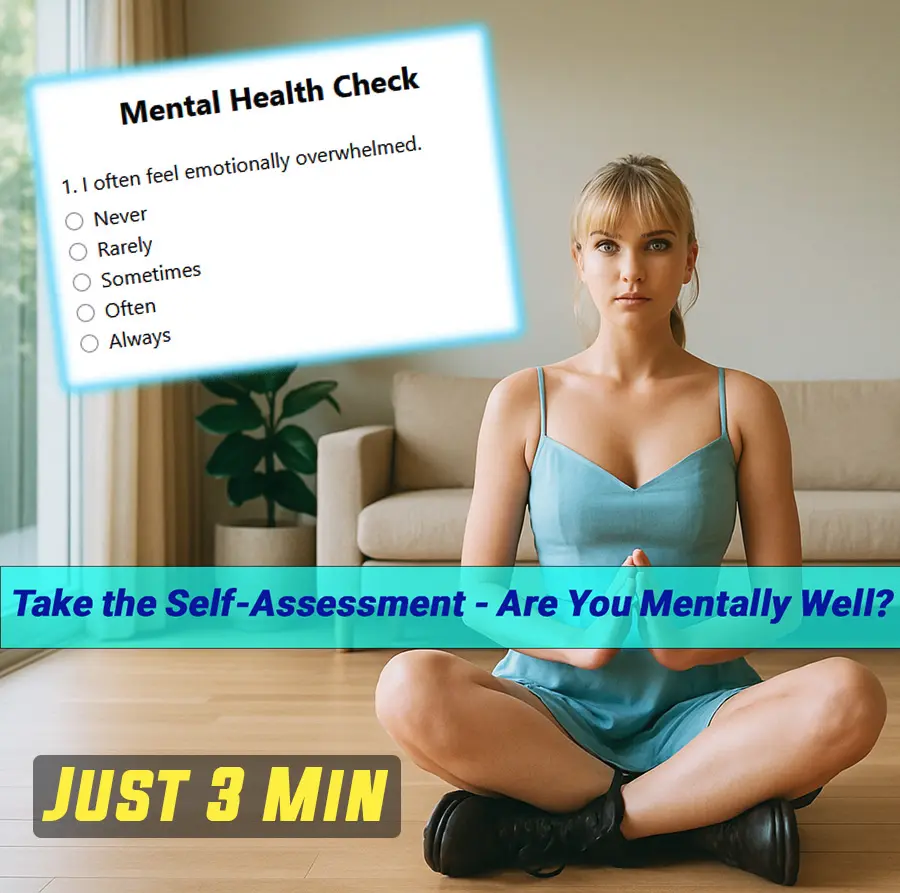
✨ Last updated on 08.08.2025
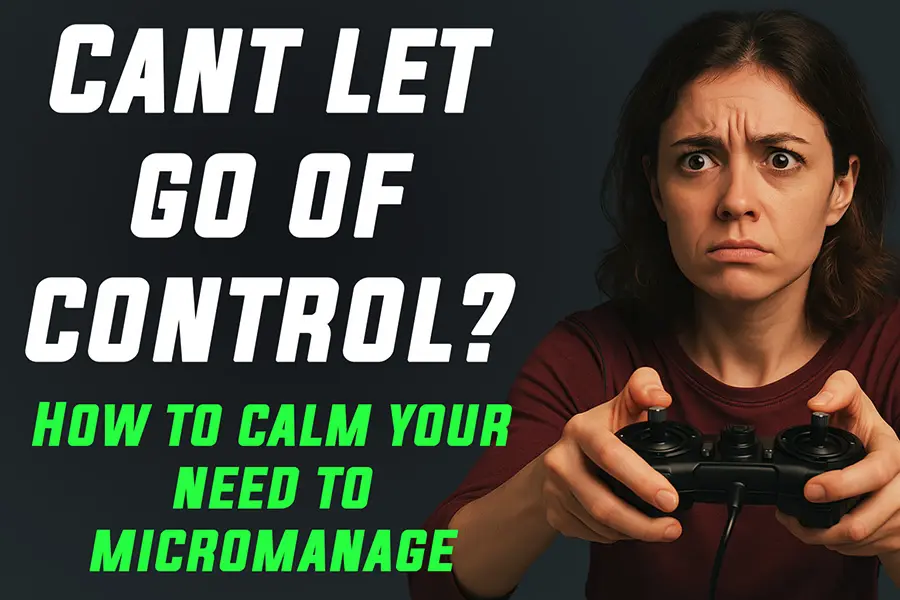
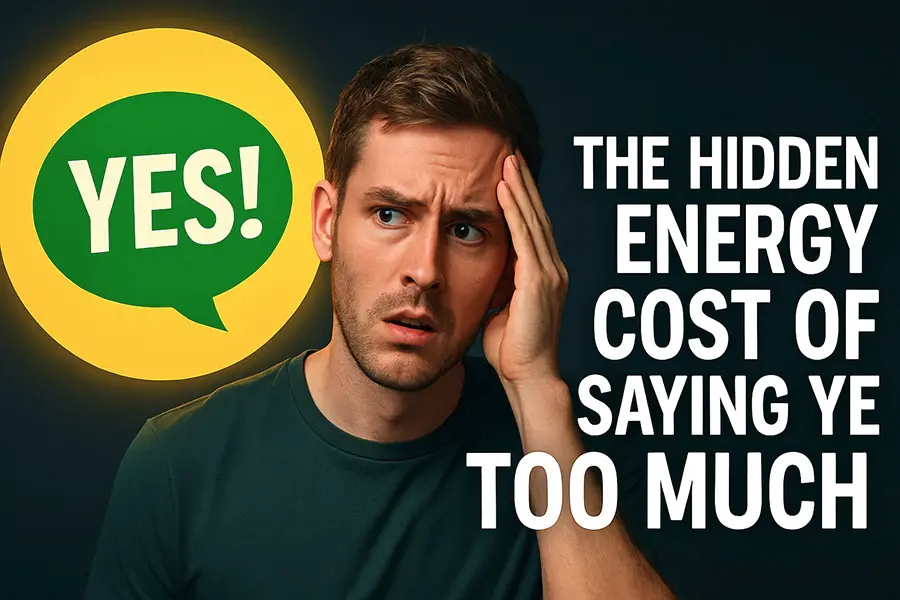
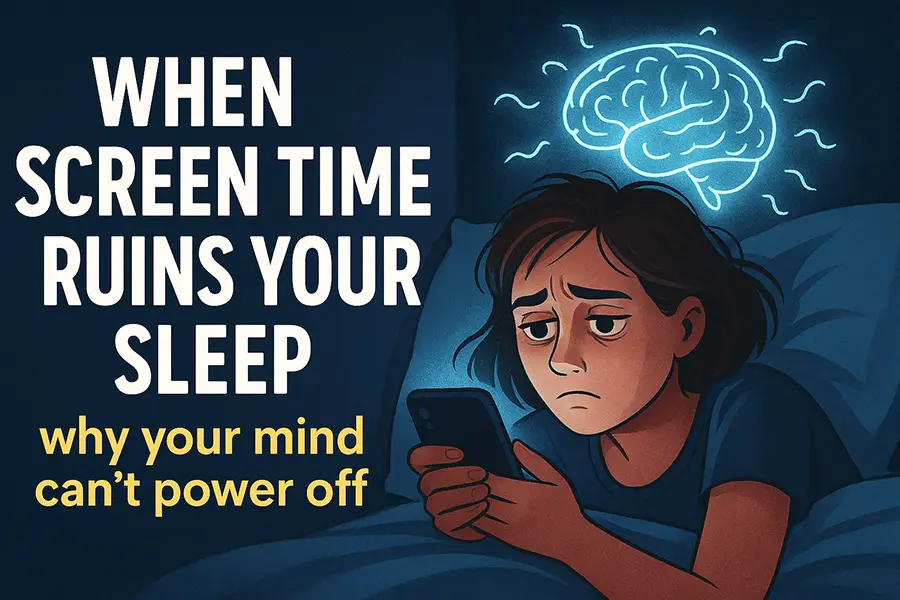

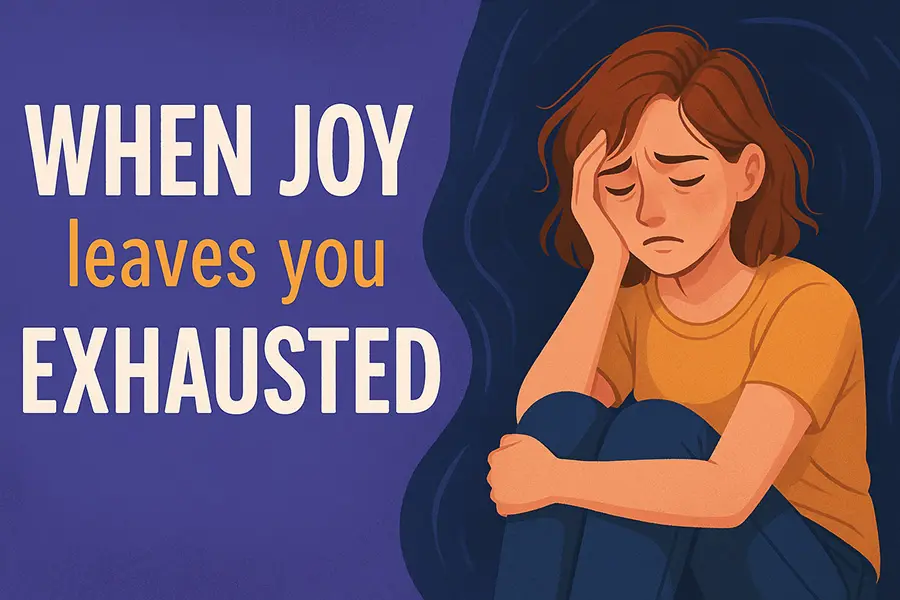
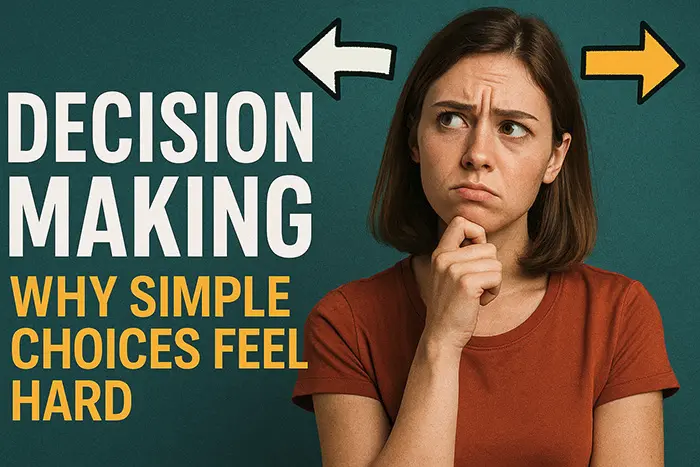
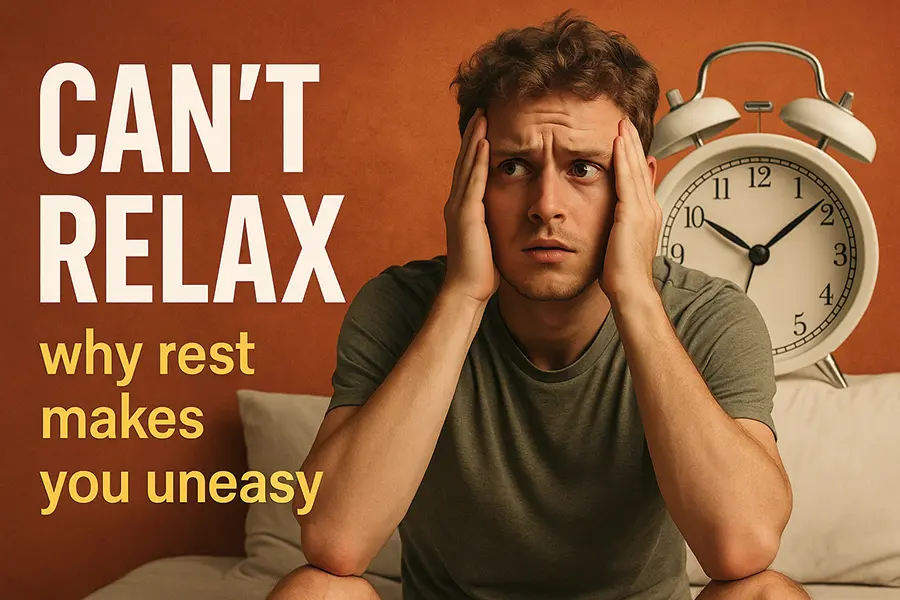
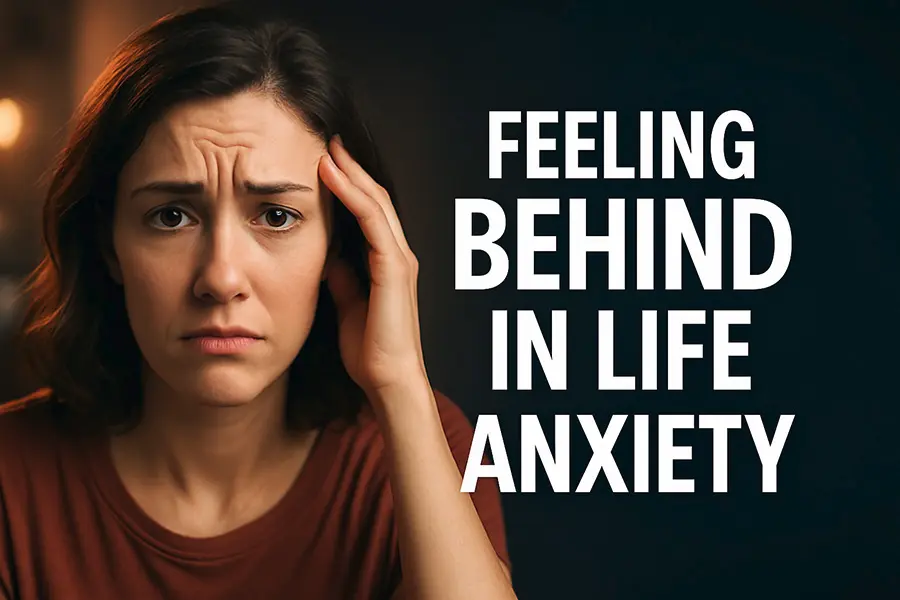
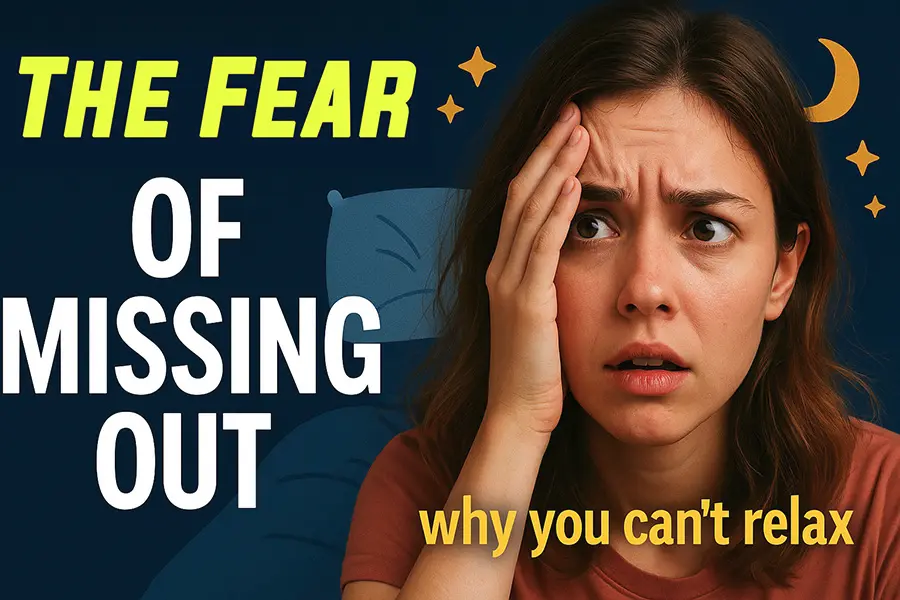
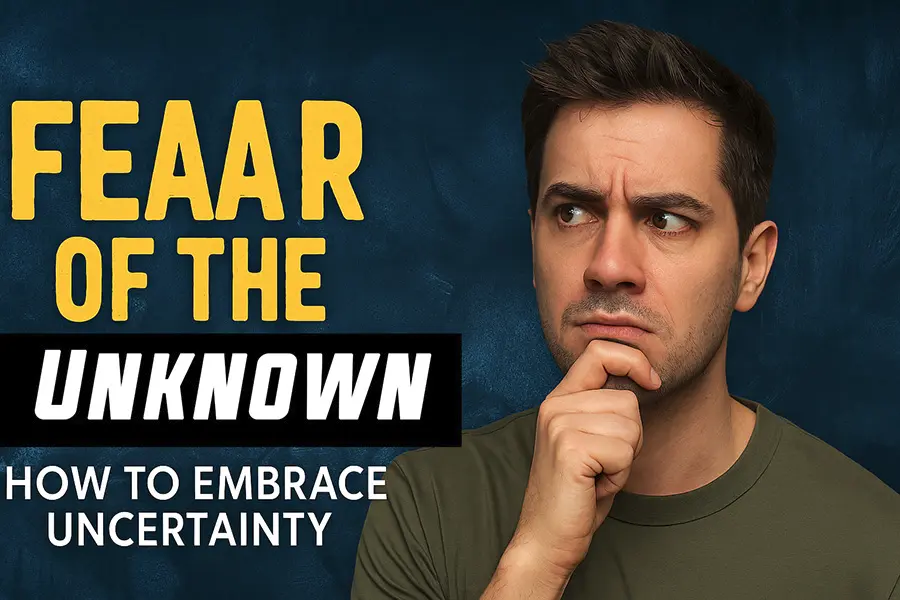












Leave a Reply